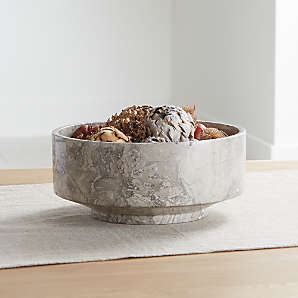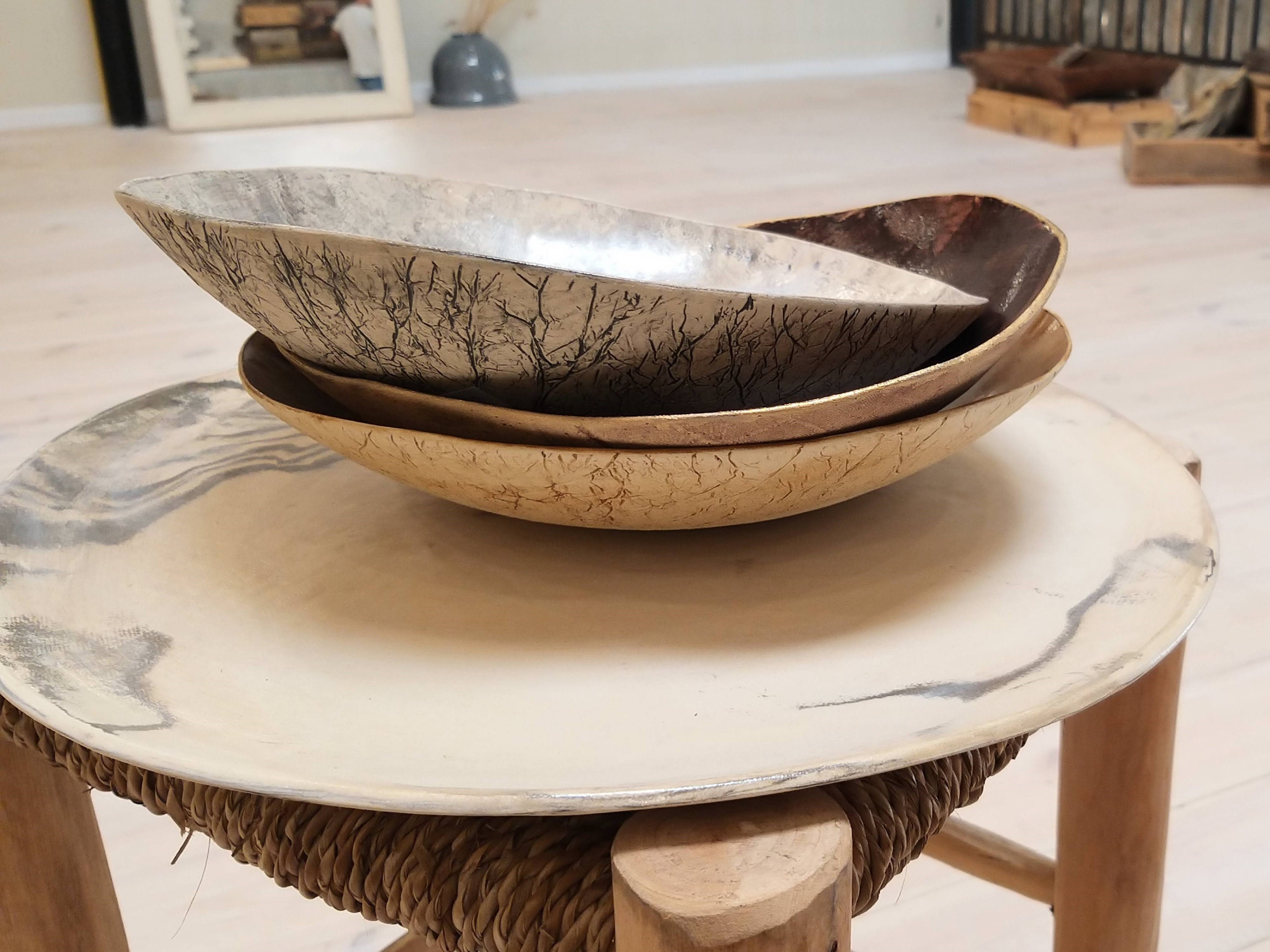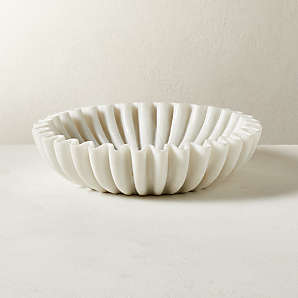Introduction
Welcome to the world of decorative centerpiece bowls! These stunning pieces not only serve a functional purpose but also add an artistic flair to your home. Having spent years curating my own collection, I can assure you that the right centerpiece bowl can truly transform your living space. In this comprehensive guide, we’ll explore everything from styles and materials to placement ideas and care tips. Let’s dive in!
What is a Decorative Centerpiece Bowl?
A decorative centerpiece bowl is typically a large dish or bowl used as a focal point on tables or countertops. While they can certainly serve practical uses, such as holding fruits or decorative items, they are often chosen for their aesthetic appeal. The right bowl can reflect your personal style and enhance your home décor.
Types of Decorative Centerpiece Bowls
1. Material Types
Centerpiece bowls come in various materials, each offering unique characteristics.
| Material | Description | Pros | Cons |
|---|---|---|---|
| Ceramic | Made from clay and typically glazed. | Durable, versatile designs, easy to clean. | Can chip easily if dropped. |
| Glass | Translucent material that can be molded into various shapes. | Elegant, can create a modern look. | Fragile, requires careful handling. |
| Wood | Natural material, often carved into unique shapes. | Warm, rustic appeal. | May require special care to maintain. |
| Metal | Includes stainless steel, brass, and aluminum. | Contemporary look, sturdy. | Can be heavy, and may tarnish over time. |
| Resin | Synthetic material that can mimic other finishes. | Lightweight, available in creative designs. | Less durable than natural materials. |
2. Style Variations
When choosing a centerpiece bowl, consider your home’s style. Here are a few popular designs:
- Modern: Sleek lines and minimalist designs.
- Rustic: Often made from natural materials with a rugged finish.
- Bohemian: Colorful and eclectic, incorporating various textures.
- Traditional: Classic styles with ornate designs, often made from glass or ceramics.
Choosing the Right Decorative Centerpiece Bowl
Choosing the right centerpiece bowl involves considering several factors:
1. Size and Scale
Ensure the bowl is proportional to the table or surface it will be on. A large bowl on a small table may overwhelm the space, while a tiny bowl on a large dining table can get lost.
2. Color Scheme
Consider the colors in your existing decor. A bowl that complements or contrasts beautifully can elevate your design.
3. Functionality
Think about whether you want the bowl to serve a functional purpose, like holding fruit or snacks, or if it will be purely decorative.

Where to Place Your Decorative Centerpiece Bowl
1. Dining Tables
The dining table is a classic location for a centerpiece bowl. It can hold fresh fruits, decorative items, or flowers, serving as a beautiful focal point during meals.
2. Coffee Tables
On a coffee table, a centerpiece bowl can be used to collect miscellaneous items like remotes or coasters, or it can display candles or seasonal decorations.

3. Entryway Tables
A bowl on an entryway table can make a welcoming statement. It can hold keys, mail, or seasonal decor to greet guests as they arrive.
4. Kitchen Countertops
In the kitchen, a decorative bowl can be both functional and attractive, holding fruits, snacks, or even kitchen utensils.

Personalizing Your Centerpiece Bowl
One of the joys of decorative centerpiece bowls is the ability to personalize them. Here are some ways to make yours unique:
1. Seasonal Decor
Switch out the contents of your bowl based on the season. For example, fill it with pumpkins in the fall or ornaments in the winter.
2. Color Coordination
Use items within the bowl that coordinate with the colors in your room. This could be anything from colored stones to flowers, allowing you to change it as needed.

3. Themed Arrangements
For holiday gatherings or special occasions, consider creating a themed arrangement that reflects the spirit of the season.
Care and Maintenance of Decorative Centerpiece Bowls
To keep your centerpiece bowl looking its best, follow these care tips:
1. Regular Cleaning
Dust the bowl regularly and clean it according to the material guidelines. For glass, a gentle glass cleaner will do; for wooden bowls, a damp cloth is often sufficient.

2. Avoid Direct Sunlight
Some materials, like wood and certain metals, can fade or be damaged by constant exposure to sunlight.
3. Handle with Care
Especially for fragile materials like glass or ceramic, handle your bowl gently to avoid breakage.

Pros and Cons of Using Decorative Centerpiece Bowls
Pros
- Adds visual interest to any space.
- Available in a variety of styles and materials.
- Can serve multiple purposes, both functional and decorative.
- Easy to personalize and swap out seasonally.
Cons
- Some materials can be fragile and require careful handling.
- May need regular cleaning and maintenance.
- Can take up space, which may be a concern in smaller areas.

FAQs About Decorative Centerpiece Bowls
1. What materials are best for decorative centerpieces?
The best materials depend on your personal style. Ceramics and glass are popular for their elegance, while wood offers warmth and a rustic look.
2. How can I style my centerpiece bowl for different seasons?
You can fill your bowl with seasonal items like pinecones in winter, flowers in spring, seashells in summer, and leaves in fall.
3. Where should I place my decorative bowl?
Common placements include dining tables, coffee tables, entryway tables, and kitchen countertops. Just be sure it complements the space!
4. How do I clean my decorative bowl?
Cleaning methods vary by material. Generally, dust regularly and follow specific care instructions for glass, wood, or metal.
5. Can I use my centerpiece bowl for food items?
Yes, many bowls are designed for food use, especially those made from food-safe materials. Just be cautious of how easily they can be cleaned.